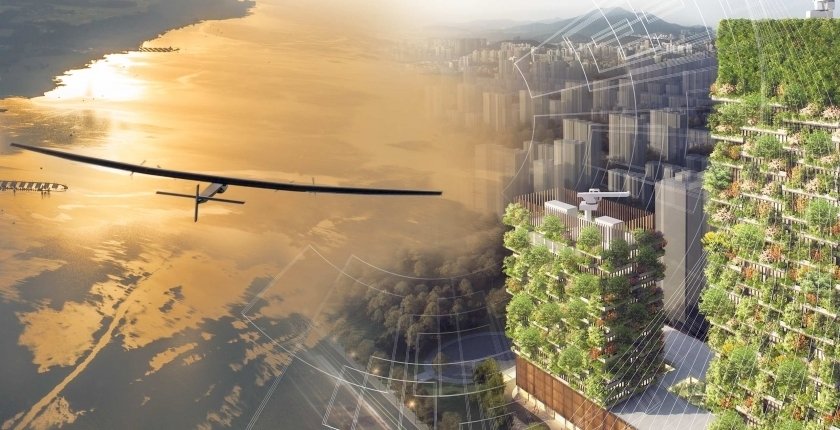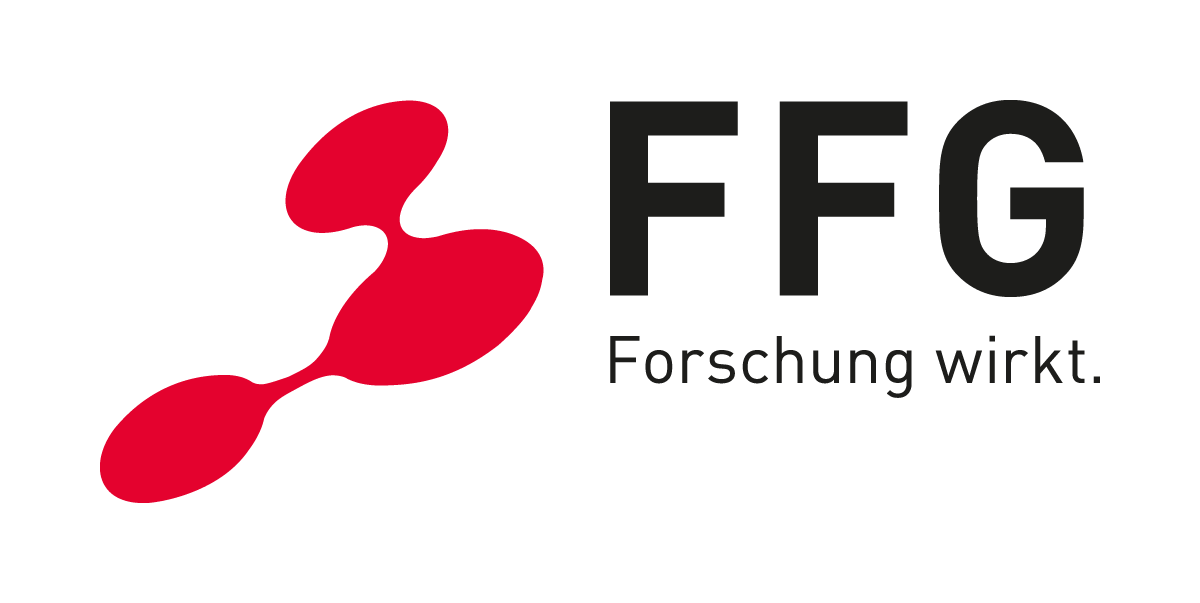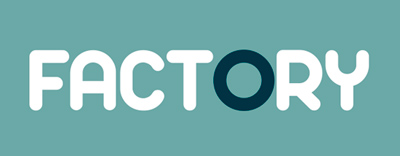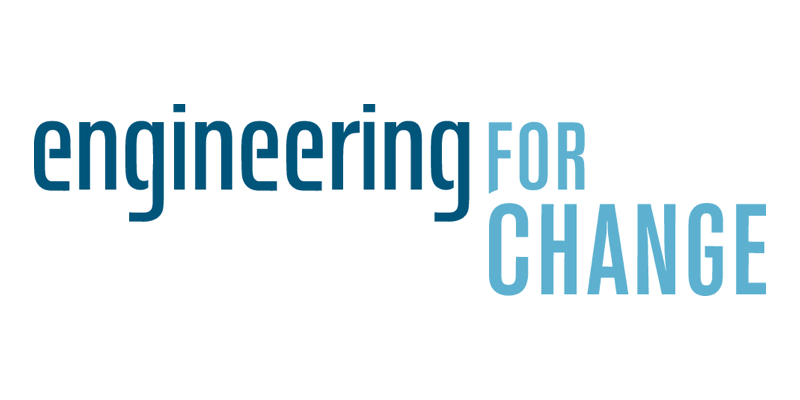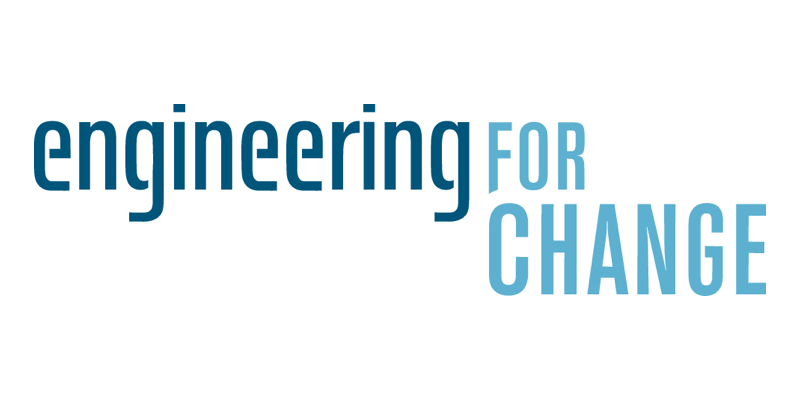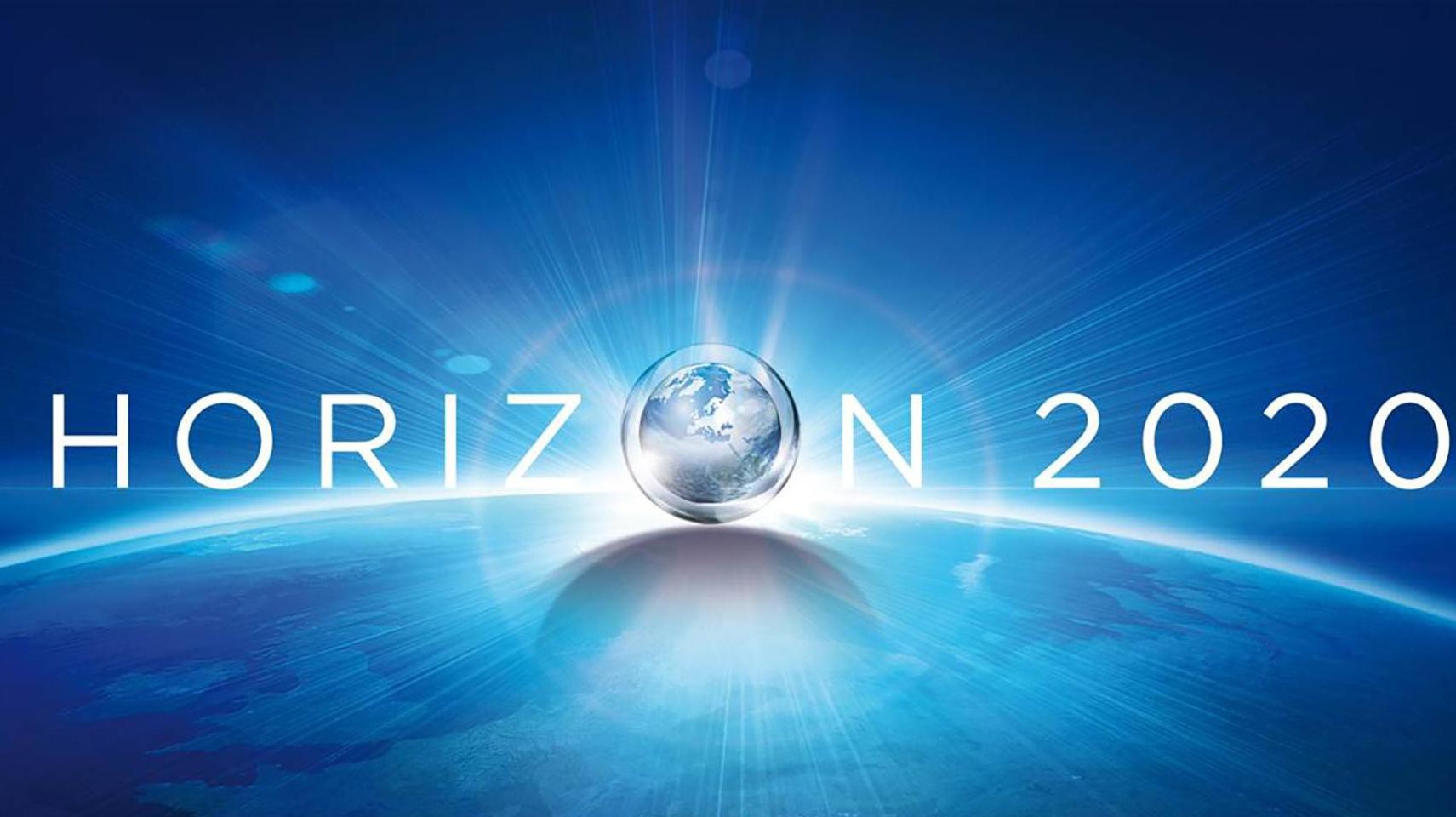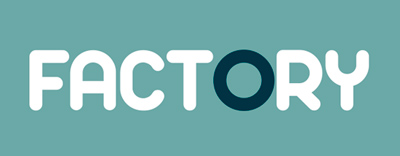A solar water desalination plant, a ridesharing app, a biodegradable and hydrosoluble plastic, a solar-paneled car, a multi-material optical sorting machine… These solutions are very diverse and tackle many different issues. Each of these solutions, developed by startups or large corporates, have a proven positive impact on the environment, from reducing CO2 consumption, reducing waste, or improving recycling processes.
There is still some hope on limiting global warming to 1.5°C, stated a report from the IPCC issued today. It will take a change of “no documented historic precedent” of our economic model, but it can be done. If we don’t, the report outlines the devastating effects on our planet. Indeed, adding just half a degree to that 1.5℃ threshold could have disastrous consequences on the world’s population.
At the Solar Impulse Foundation, we do not have the solution. But we might have a few solutions. A few months ago, we launched of the Solar Impulse Efficient Solution Label. Since then, hundreds of Members of the World Alliance for Efficient Solutions have submitted their projects to receive the label set up by Bertrand Piccard. Experts have then closely assessed these companies looking at three main criteria: Their economic profitability, technological feasibility, and environmental and socio-economic impact.
We are proud to present the 50 first labelled Solar Impulse Efficient Solutions:
